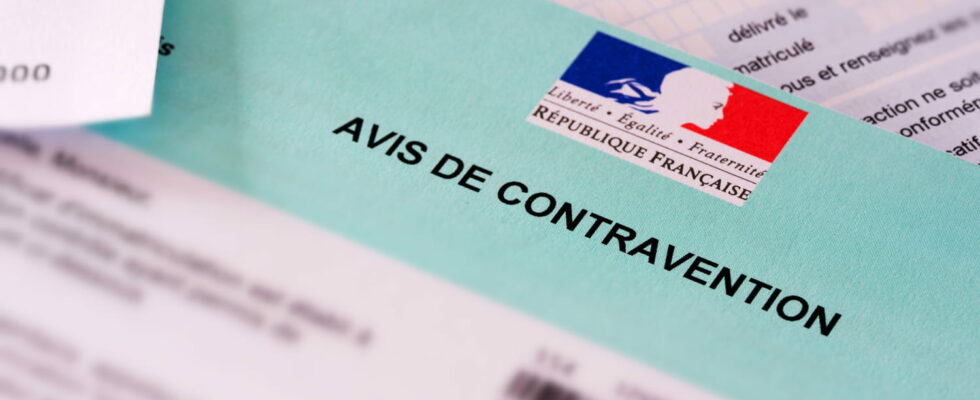Attention ! For several months, ANTAI, the national agency which deals with infractions, has been using a new method to send fines. A modern, but discreet technique, which generates very unpleasant surprises.
We know that scammers will stop at nothing to steal their victims’ personal and banking data, with the aim of extracting money from them. Motorists are particularly targeted by scams of all kinds. One of the best known is the famous fine from the National Agency for the Automated Processing of Offenses (ANTAI) not paid, whether by SMS, by e-mail or even by registered letter!
The fraudulent message generally includes all the codes of an effective scam: an argument from authority (ANTAI), an alarmist object (unpaid fine), uncertainty (you received a fine without knowing it), urgency (you have to hurry to avoid paying more) and a fraudulent link, which refers to a site perfectly reproducing the official site and through which you pay your “fine”.
ANTAI also acts as a whistleblower on this subject on its website: “For several months, fraudulent SMS, emails or letters have been asking you to regularize or contest fines”. Fortunately, with awareness on the subject, most motorists no longer pay too much attention to this type of messages, believing that tickets always arrive by mail. Except that it happens that ANTAI does indeed send reports by email!
Indeed, as Auto Plus magazine reveals, it turns out that the agency has been increasing the number of sending real fines by email for several months! The goal of the gradual dematerialization of fines is to reduce mailing costs and allow the most connected users to pay more quickly. This seems rather logical, except that the users were absolutely not warned! No communication has been made on this subject, on the contrary!
Until now, ANTAI only sent emails in two situations: following an arrest and when the accused had given his email address, or when you were the perpetrator of an offense and your email address was provided. From now on, the agency sends reports by email if “your email is registered in the vehicle registration system (SIV) of France Titles, new name of the National Agency for Secure Titles (ANTS)”. Understand: if you indicated your email during a past procedure, such as a declaration of transfer, a registration application, etc.
So, how can you tell the difference between a fraudulent email and a real fine? The first thing to check is the sender’s address. It’s simple, there is only one: [email protected]. Then, the link to access the payment must redirect you only to the agency’s website. To be sure, go to the site yourself and enter your ticket number. If in doubt, it is better to wait to receive your report by mail, since ANTAI will send it to you in any case.
